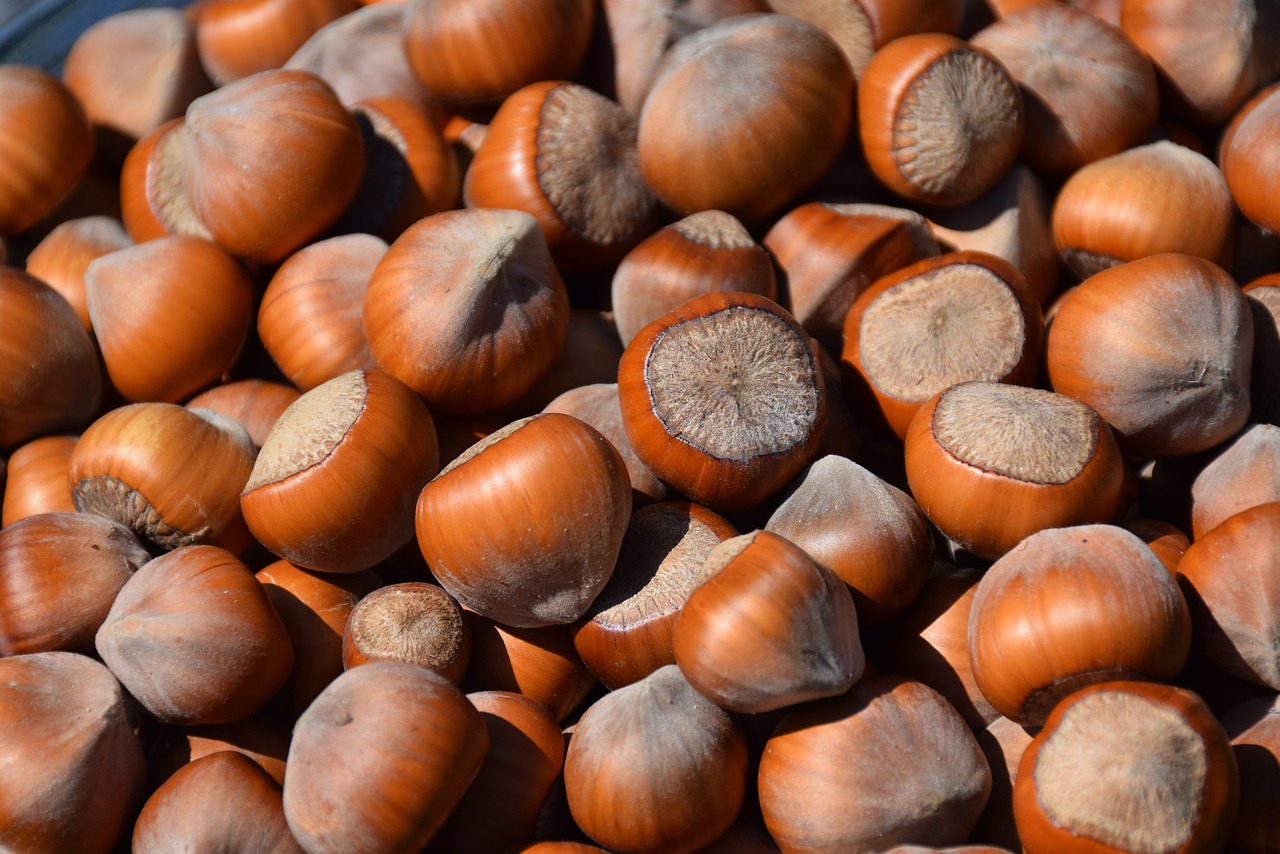Understanding Dietary Fiber: A Comprehensive Guide
In today’s fast-paced world, nutrition often takes a backseat. However, one nutrient that is gaining traction in health discussions is dietary fiber. It’s not just a buzzword; fiber plays a crucial role in maintaining overall health. With the increasing prevalence of lifestyle diseases, understanding the role of dietary fiber has never been more important. This blog post will explore what dietary fiber is, its types, benefits, food sources, and much more to help you appreciate this essential component of your diet.
What is Dietary Fiber?
Dietary fiber consists of plant-based carbohydrates that the body cannot digest, passing through the digestive system intact. While many people associate fiber with aiding digestion, its benefits extend far beyond that. Fiber is classified into two main types: soluble and insoluble.
Types of Dietary Fiber
- Soluble Fiber: This type dissolves in water, forming a gel-like substance. It helps lower blood cholesterol and glucose levels.
- Insoluble Fiber: This type does not dissolve in water. It adds bulk to the stool and aids in moving food through the digestive tract.
The Amazing Health Benefits of Dietary Fiber
Incorporating an adequate amount of fiber into your diet can lead to numerous health benefits. Here are some of the most notable:
1. Improved Digestion
- Fiber promotes regular bowel movements, reducing the risk of constipation.
- It helps maintain bowel health by preventing diverticulosis and hemorrhoids.
2. Weight Management
- High-fiber foods are often more filling, helping you feel satiated longer.
- Fiber slows the digestion and absorption of nutrients, leading to more stable blood sugar levels and less frequent hunger.
3. Lower Risk of Chronic Diseases
- A diet rich in fiber has been linked to a decreased risk of heart disease, stroke, and type 2 diabetes.
- Fiber helps reduce blood cholesterol levels, primarily soluble fiber found in oats, beans, and fruits.
4. Enhanced Gut Health
Soluble fiber acts as a prebiotic, feeding the beneficial bacteria in your gut. A healthy gut microbiota is essential for:
- Boosting the immune system
- Balancing hormones
- Improving mood and mental health
Choosing the Right Fiber-Rich Foods
Making informed dietary choices is key to ensuring you get enough fiber. Here’s a practical guide for selecting the right fiber-rich foods:
Top Fiber Sources
- Fruits: Apples, bananas, oranges, and berries are excellent sources of fiber.
- Vegetables: Broccoli, carrots, and boiled peas provide substantial fiber content.
- Legumes: Lentils, beans, and chickpeas are high in both soluble and insoluble fiber.
- Whole Grains: Choose whole grain options like brown rice, quinoa, and whole grain bread over refined grains.
- Nuts and Seeds: Include almonds, chia seeds, and flaxseeds for added fiber and healthy fats.
How Much Fiber Do You Need?
The recommended daily intake of dietary fiber varies by age and sex:
- Women (ages 19-50): 25 grams per day
- Men (ages 19-50): 38 grams per day
- Women (ages 51 and older): 21 grams per day
- Men (ages 51 and older): 30 grams per day
To ensure you’re meeting your fiber needs, consider tracking your daily intake and making small adjustments as needed.
Incorporating More Fiber Into Your Diet
Increasing your fiber intake can be seamless if you follow these easy tips:
- Start Slowly: Gradually increase fiber intake to avoid digestive discomfort.
- Mix and Match: Combine fiber sources (e.g., nuts with yogurt or beans in salads) for variety and greater enjoyment.
- Snack Wisely: Choose fiber-rich snacks like fruits, seeds, or whole-grain crackers.
- Cook Smart: Use whole grains when cooking (e.g., using brown rice instead of white rice).
Conclusion
Dietary fiber is an essential component of a balanced diet, offering remarkable health benefits that promote overall well-being. By understanding the types, benefits, and sources of dietary fiber, you can make informed dietary choices that will enhance your health. Start incorporating more fiber-rich foods today to reap the long-term benefits for your digestive health, weight management, and risk of chronic diseases. Remember, a fiber-rich diet is a step toward a healthier you!



